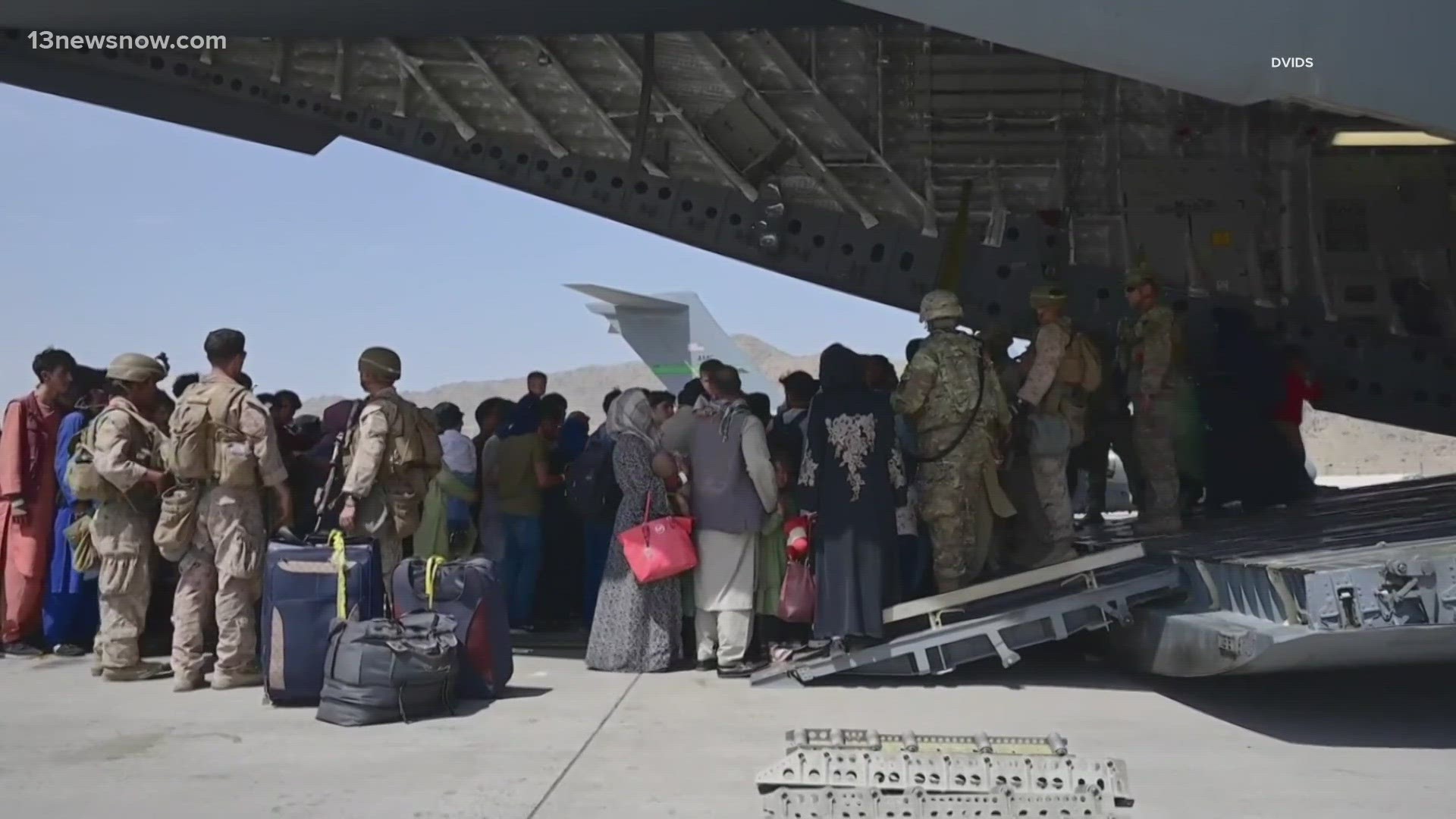WASHINGTON — "Outrage, humiliation, horror."
Those were some of the words spoken Tuesday on Capitol Hill, during a hearing exploring what went wrong during the 2021 U.S. withdrawal from Afghanistan, after nearly two decades of war.
The U.S. did manage to get more than 124,000 civilians — more than 6,000 of them Americans — out of Afghanistan before the August 31 troop withdrawal deadline.
But not before the tragedy at Karzai Airport's Abbey Gate, where a suicide bomber killed 13 U.S. military personnel.
Now, nearly three years later, the House Foreign Affairs Committee sought answers, from two leading generals, now civilians.
"And every commander who's ever served in combat knows that we personally issued the orders that gave the task, the purpose, the place, the time of that solder's death or wounds. And we also how it was the enemy that killed or wounded them," said retired Gen. Mark Milley, the former chairman of the Joint Chiefs of Staff.
Added retired Gen. Kenneth McKenzie, the former Commander of U.S. Central Command: "The simple fact is this: On the battlefield, even with good planning [and] tremendous execution by brave people on the ground, the enemy sometimes has success. To ignore this fact is to ignore the fundamental reality of the battlefield."
Still, the panel chairman, Rep. Michael McCaul (R-Texas) sought to blame President Joe Biden.
"The Biden Administration's plan for their withdrawal threatened the safety and security of U.S. personnel in [the] country," he said.
But the committee's ranking member, Rep. Gregory Meeks (D-New York) said the conditions were linked with the 2020 Doha peace agreement negotiated with the Taliban before Biden took office.
"We should be talking about what happened in the Trump Administration as well as what took place in the Biden administration because they're connected. They're not separate," he said.
General Milley praised the U.S. airlift operation, calling it "one of the most incredible evacuations under pressure in recorded history."
He said all American veterans of the Afghanistan war "should hold your head high."

